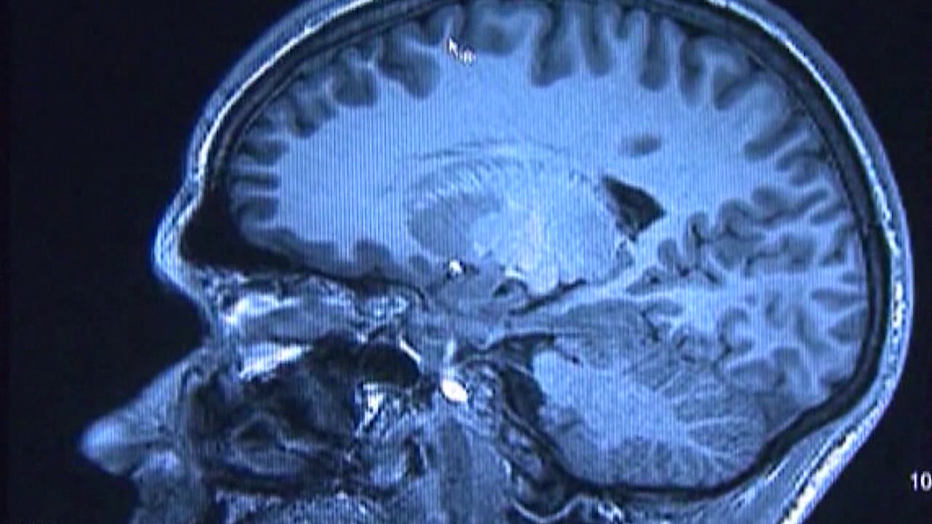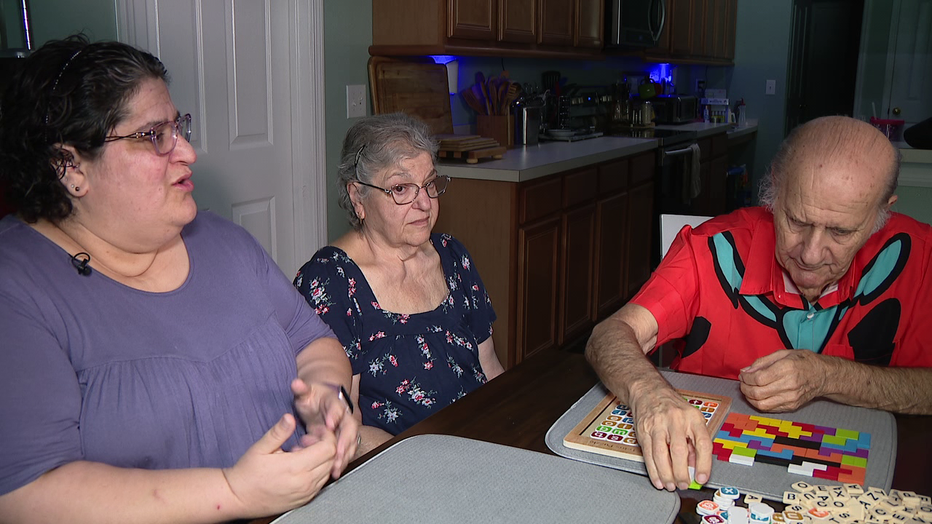Alzheimer's treatments, drugs showing some promise, health experts say

Alzheimer's treatments providing some hope
Health experts say they're cautiously optimistic about new treatments for Alzheimer's Disease. FOX 13's Aaron Mesmer reports.
LAND O' LAKES, Fla. - June is recognized as Alzheimer’s and Brain Awareness Month and, as the month comes to a close, health experts are cautiously optimistic about new treatments, while urging prevention.
Health experts in Tampa Bay believe as much attention needs to be brought to this disease as possible all year long.
"There are about 5.8 million patients with it now. The cases are actually going to triple by the year 2060," said Tara Calise, a nurse practitioner with WellMed in Land O' Lakes. "It's not just the patients that are dealing with it. It's also their families that end up being caregivers for the patients who have Alzheimer's.

The release of a new drug that treats the root cause of Alzheimer's disease, called Leqembi, has given hope to some families dealing with the illness.
But Calise said, unfortunately, the long-term effects are minimal.
"It actually delays it by about five months. Unfortunately, it's not something that's taken to prevent it," she said, adding she's hopeful future treatments will better target the plaques on the brain that cause Alzheimer's. "Some people do have a genetic predisposition, but it's actually plaques that develop within the brain that impact how we have our brain activities work.
According to WellMed, Alzheimer’s disease and other types of dementia are one of the leading causes of death in older Americans, and the number of people living with the disease doubles every five years. Unlike death rates from other diseases such as heart disease and cancer, death rates from Alzheimer’s disease are increasing.
Calise told FOX 13 some evidence has shown that various physical and mental lifestyle changes can be the best form of prevention.
"The big thing I try to talk to my patients about is keeping their minds active," Calisa said. "The more that we can use our brains to stay connected with the people in our lives to have those conversations that stimulate brain activity, that is really helpful."

Greta Braunstein, whose father, Ira Braunstein, 83, has battled the disease for 11 years, is hopeful researchers find treatments have long-lasting impacts.
"It's a terrible disease. I wouldn't wish it on my worst enemy, whether you're the patient going through it or the family watching it, because it's horrible on both sides," Greta said Friday.
The Braunsteins noticed Ira's health deteriorating in 2012. A year later, he was diagnosed with Alzheimer's. His family has found ways to keep Ira active, including puzzles that keep him busy daily.
READ: Freedom Sales Tax Holiday: What you can buy tax-free in Florida this July
Greta, however, said there are also constant challenges her family faces.
"He always liked being outside and he feels trapped," she said. "He's got a tendency to get very angry sometimes, the next minute he won't remember."
Doctors urge families to watch for signs of potential brain disease, including memory lapses, an inability to complete basic tasks and difficulty carrying on conversations.
SIGN UP: Click here to sign up for the FOX 13 daily newsletter
WATCH FOX 13 NEWS

